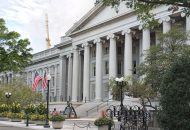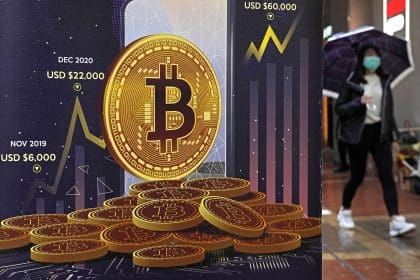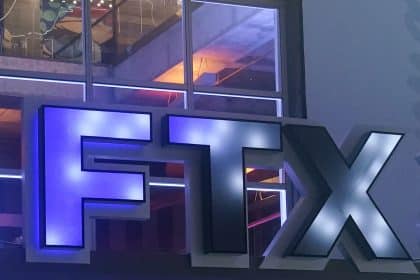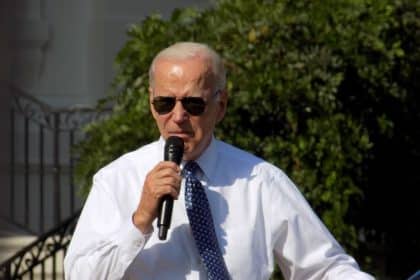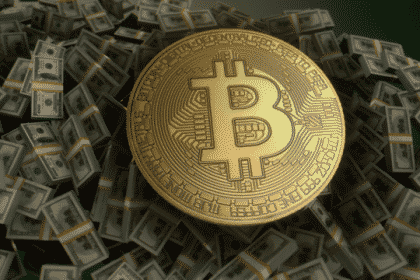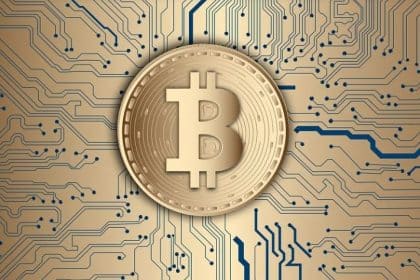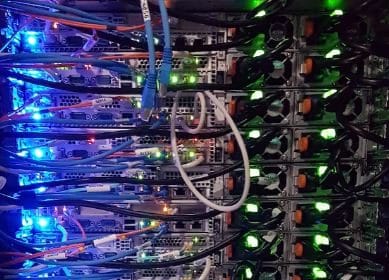Biden Administration Outlines Vision of Crypto Future
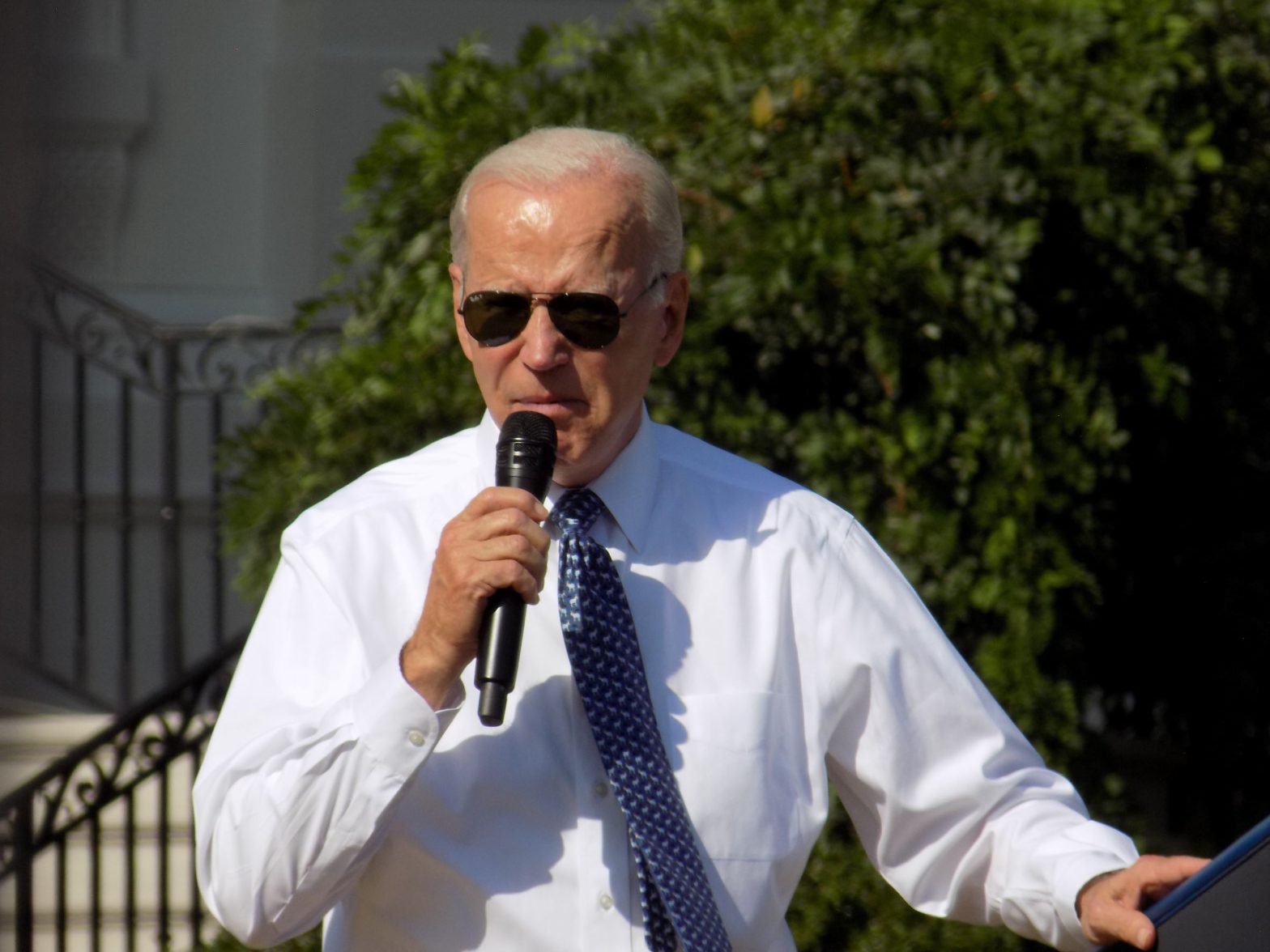
WASHINGTON — The Biden administration released a slew of reports Friday detailing how the government should regulate cryptocurrencies, and even create a central bank digital currency.
The reports state regulators should continue to use their powers to aggressively pursue enforcement against unlawful and deceptive practices.
These reports come after President Joe Biden signed an executive order in March asking regulators to work together to determine a framework for how such digital assets could be regulated, specifically at the time when Russians were evading sanctions by using digital assets.
“We are laying the groundwork for a thoughtful, comprehensive approach to mitigating digital assets’ acute risks and — where proven — harnessing their benefits,” said National Economic Council Director Brian Deese and National Security Advisor Jake Sullivan in a joint statement.
That means the Securities and Exchange Commission and Commodity Futures Trading Commission should continue to “aggressively pursue” investigations and enforcement actions against digital asset companies using unlawful practices.
And the Consumer Financial Protection Bureau and Federal Trade Commission should continue to monitor complaints and take action against deceptive practices by companies selling digital assets.
The reports also encourage the regulators to create new rules for digital assets as they see fit.
The reports also lay out how U.S. officials will work across agencies and with other countries to mitigate issues.
One of the top items Biden tasked the Federal Reserve with was potentially creating a central bank digital currency — essentially the U.S.’s own digital asset that would allow Americans to easily transfer money between themselves and the government.
The asset could be used to pay taxes and receive refunds, or disperse safety net programs like food stamps, social security and even stimulus checks as during the pandemic.
Instead of waiting weeks for a paper check to arrive in the mail, if every American was given an account with a central bank digital currency those programs would be able to get assets to people faster and cheaper.
The first steps towards this central bank digital currency will be the Federal Reserve’s FedNow service, which is expected to launch next summer.
It won’t be a digital currency, but instead a round-the-clock instant payment processing system that can transfer money between banks. It will even work on weekends and holidays.
FedNow will essentially be the government alternative to PayPal, Venmo and other virtual payment tools. The reports also outline that regulators should create rules for those “non-bank payment providers.”
However, the reports encourage the Federal Reserve to continue exploring the idea of a total central bank digital currency.
There will also be continued research in the socioeconomic and environmental implications of digital assets as the administration continues with its development of digital assets.
Madeline can be reached at [email protected] and @ByMaddieHughes










